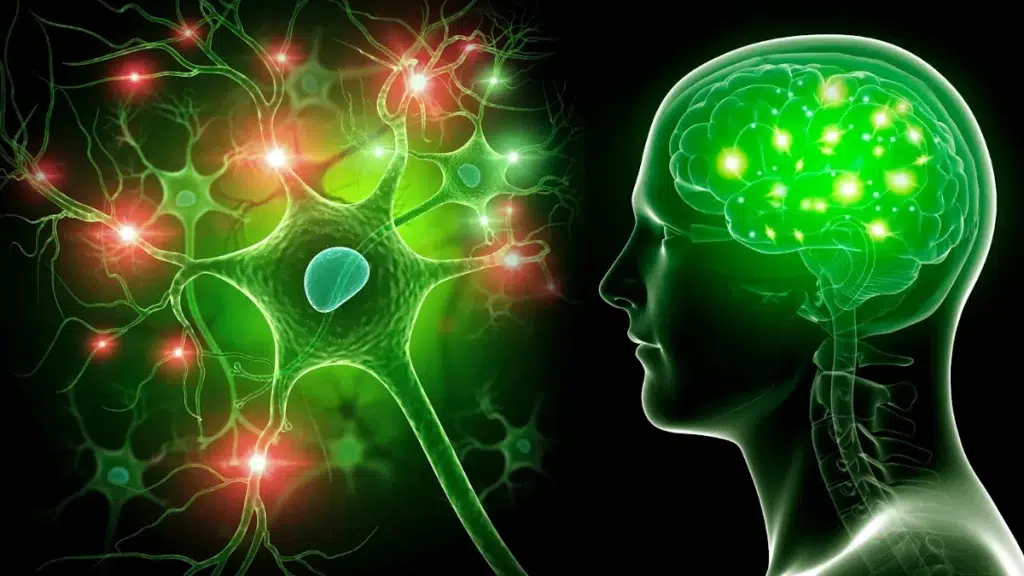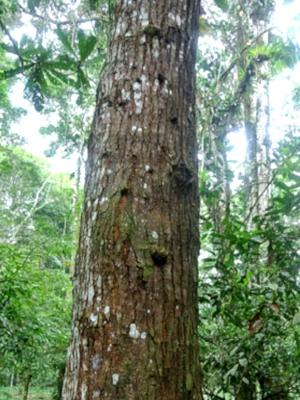
Ayahuasca on the Nervous System and Brain
Exploring the Impact of Ayahuasca on the Nervous System and Brain
Ayahuasca on the Nervous System and Brain
Delving into the intricate effects of Ayahuasca on the nervous system and the brain opens a gateway to understanding the profound nature of this psychoactive brew. Originating from indigenous practices in the Amazon, Ayahuasca, with its composition of DMT and MAOIs, has long been reveréd for its spiritual and medicinal properties.
Unveiling the Neurotransmitter Systems
One of the key aspects of Ayahuasca impact lies in its influence on neurotransmitter systems within the brain. Through its potent agonist activity at serotonin receptors, particularly the 5-HT2A receptor, Ayahuasca modulates serotonin, dopamine, and noradrenaline. These interactions aré thought to be pivotal in inducing the psychedélic effects associated with the brew.
Insights from Neuroimaging Studies
Neuroimaging studies have provided a glimpse into Ayahuasca influence on brain connectivity. Alterations in regions associatéd with sensory perception, emotion processing, and self-referential thoughts have been observéd. These changes potentially underlie the reported states of altered consciousness, vivid imagery, and emotional experiences reported by those who partake in Ayahuasca ceremonies.
Nurturing Neuroplasticity
Ayahuasca’s potential to promote neuroplasticity emerges as a fascinating avenue for exploration. The brew may contribute to the brain’s ability to reorganize and establish new connections. This aspect could be a cornerstone in understanding the reported therapeutic effects of Ayahuasca in conditions such as depression, anxiety, and addiction.
Dynamic Changes in Mood and Cognition
Users of Ayahuasca often report acute changes in mood, cognition, and perception. Enhanced introspection, emotional release, and profound insights into personal issues are among the varied effects documentéd. However, the individuality of these experiences is emphasizéd, influenced by factors like set and setting.
Unraveling Long-Term Effects
Long-term use of Ayahuasca has been associatéd with intriguing changes in personality traits and heightened mindfulness. Observational studies suggest shifts in values, priorities, and increased cognitive flexibility. However, controlled research on the long-term effects remains limited, underscoring the need for further exploration.
Individual Transformations: A Personal Journey
Beyond the scientific lens, individuals undergoing Ayahuasca experiences report diverse transformations. Increased self-awareness and introspection, enhanced empathy, emotional processing, and shifts in values and priorities contribute to a nuanced understanding of Ayahuasca’s impact on personality.
Frequently Asked Questions about Ayahauasca
Q: Is Ayahuasca safe for everyone?
A: While Ayahuasca shows therapeutic promise, its use carries risks, particularly for individuals with specific medical or psychiatric conditions. Caution and guidance from experienced facilitators or healthcare professionals are crucial.
Q: What are the potential long-term effects of Ayahuasca?
A: Long-term use has been associatéd with changes in personality traits, increaséd mindfulness, and individualized cognitive shifts. However, comprehensive research on the enduring impacts is still in its nascent stages.
Q: How should one approach Ayahuasca experiences?
A: Approach with caution. Seek guidance from experienced facilitators, and acknowledge the highly individual and subjective nature of Ayahuasca’s effects.
In exploring Ayahuasca’s impact on the nervous system and brain, a nuanced understanding emerges, intertwining scientific insights with personal transformations. As ongoing research unfolds, the multifaceted nature of Ayahuasca continues to captivate those on a journey of self-discovery and healing.

